Covid-19 restrictions are once again on the rise, now that the 3rd wave has hit the world, Switzerland is not in the safe zone. Moreover, the country is in a “danger zone”. On 11 May 2020, there were various steps for relaxing the entry into Switzerland. Since the internal borders between the Schengen states and Switzerland have been re-opened, there is again the free movement of people, including all EU/EFTA states and the United Kingdom. Know more about Swiss Travel Updates through this blog.
On 25 February 2020, there was the first positive case of Covid-19 in Switzerland. The Swiss government initially did not implement any immigration-related measures but focused on educating the public, imposing restrictions on public events, and initiating economic assistance for affected businesses. Also, there was a declaration of a “special situation” for empowering the federal government with competencies that are usually with the cantons.
Also Read: Switzerland Travel Guide
Switzerland Tour Package Starting @ ₹89,412
Switzerland (Travel Restrictions, COVID Tests & Quarantine Requirements)
In this situation, travelling to any country doesn’t come for free or without any restrictions. So, before travelling to Switzerland, look into all the information about travel restrictions, Covid tests, and quarantine restrictions. Below are the various details on Swiss travel news.
Travel Agency Info For Switzerland Travel
Entry for Vaccinated Travellers In Switzerland
Vaccinated travellers are allowed to Switzerland.
Vaccination Requirements In Switzerland
Vaccinated or recovered from Covid-19? If yes, then don’t worry as you are free from testing and quarantine requirements when visiting Switzerland. This requirement is not there if you are travelling from areas with variants of concern.
Did you stay in a country with an increased risk of infection in the last 10 days? If so, then you need to do a pre-departure negative PCR test within 72 hours before arrival. Children under 16 years are free from doing this. However, they must complete a mandatory quarantine and announce their arrival in Switzerland to the cantonal authorities. You can shorten the quarantine with a negative result to a PCR test on day 7.
Tourist Entry In Switzerland
Tourists are allowed to enter Switzerland with proper Covid-19 vaccination certificates.
Testing
Requirement of a negative PCR test for all countries.
Quarantine Required In Switzerland
Requirements for quarantine vary from person to person.
Confinement Details
Requirement of a 10-day quarantine for all countries.

Also Read: Switzerland Visa For UAE Residents
Local Restrictions In Switzerland
Lockdown in Effect
Imposition of a partial lockdown on the local citizens of Switzerland.
Events
Imposition of a partial restriction on various events in Switzerland.
Transport
Transportations will be allowed only in emergency cases.
Shopping
Availability and allowance of shopping in shopping malls in Switzerland.
Restaurants and Bars
Restaurants and bars are open with restrictions.

Also Read: Honeymoon in Switzerland Travel Guide
Detailed Travel Advisory For Switzerland Travellers
- Passengers are not allowed to enter.
- You are not allowed to transport if you arrive from a non-Schengen Member State to another Schengen Member State.
- Passengers must have the following – a negative COVID-19 PCR or RT-PCR test taken at most 72 hours before departure from the first starting point; or a negative COVID-19 rapid antigen test taken at most 48 hours before departure from the first.
- Passengers must do the following – provide the contact details electronically at https://swissplf.admin.ch/home; or– complete the “Contact Tracing Card” form.
- Passengers may be subject to quarantine for 10 days.

Also Read: 14 Things to Do in Switzerland in Summer
Detailed Tourist Information For Switzerland Travellers
Entry from non-high-risk countries
Tourists from non-high-risk countries can enter Switzerland provided they meet the normal entry requirements when crossing the border, like valid visas and travel documents.
Entry from high-risk countries
Tourists from high-risk countries can enter Switzerland provided they meet the following criteria, including the normal entry restrictions. Also, if you have Swiss citizenship and have a travel document, like a passport or identity card, you can enter.
Rules for entering Switzerland
You can find the entry form for incoming travellers at swissplf.admin.ch.
Fill up the form before entering Switzerland by aeroplane. This is inclusive of a stopover in Switzerland, for example, air travellers who have to change the flight.
Children also must fill out the entry form. Include children’s details in the form of an adult travelling with them.
Not fully vaccinated or unable to show that you have recovered from Covid-19 in the last 6 months? If this is the case, you will have to prove a negative PCR test taken at least 72 hours prior or a rapid antigen test taken at least 48 hours prior. Follow this in the following cases – If you are entering Switzerland by plane or you have been in a country of severe concern within the last 10 days before visiting Switzerland.
Children whose age is under 16 need to provide proof of a negative coronavirus test on visiting Switzerland. You are free from the test requirement onboarding and the test requirement at the Swiss border.
Additionally, travellers who are not following the above restrictions must go into quarantine after entering Switzerland.
The quarantine requirement applies to children as well.
It is possible to shorten your travel quarantine from day 7 onwards.
Expected Proof of vaccination In Switzerland
If you are vaccinated, you should be the one who has received a vaccine that is –
- Authorisation in Switzerland and regulation in full agreement with the guidance of the Federal Office of Public Health of Switzerland.
- Allowance by the European Medicines Agency for the European Union and regulation in full agreement with the requirements or guidance of the country.
- Authorisation under the WHO Emergency Use Listing and regulation in full agreement with the requirements or guidance of the country.
- The vaccination is effective for 12 months from its regulation date.
It is compulsory to provide customary vaccination certificates. Moreover, along with your surname, forename, and date of birth, you must include the following information – vaccination date and the vaccine used.
Expected Proof of Recovery In Switzerland
Proof of recovery is valid for 6 months from day 11 following testimony of the infection.
Provide the proof in the form that is customary at the time. Moreover, along with your surname, forename, and date of birth, you must include the following information – the testimony of your infection including the name and address of the verifying body, like test centre, doctor, pharmacy, hospital, authentication that isolation has ended or testimony from a doctor of recovery.

Also Read: 10 Best Hiking Places in Switzerland
Lockdown Details In Switzerland
It is mandatory to wear masks in public spaces, such as shops, restaurants, busy pedestrian zones, and public transport. To sum up in brief, always wear a mask whenever you are not at the home and unable to maintain social distancing of 1.5 metres from other people at times.
Maintain a minimum physical distancing of 1.5 metres. Do wear masks at all times.
Limitation of a maximum of 100 people to outdoor venues, such as football matches or open-air concerts and 50 people to indoors, such as at cinemas, theatres, and concerts.
However, limitation of attendance to a third of the venue’s maximum capacity. You will maintain a seating distance, and you should wear masks at all times. No allowance of food and drink. Also, not at intervals. A maximum of 15 people will be allowed, in addition to the private gatherings, sporting, and cultural events already sanctioned. These involve guided tours at museums, club gatherings, or other pleasure activities.
Imposition on the number of customers permitted in shops and service businesses.
A maximum of 4 people is allowed per table in restaurants and bars. You must seat yourselves without removing masks. You may only remove masks to consume food and drinks. Placing of tables at a distance of 1.5 metres from each other with a screen between them.

Also Read: 10 Best Waterfalls in Switzerland
Switzerland Honeymoon Package @ ₹82,287*
Frequently Asked Questions for Your Switzerland Travel
As decided by the Federal Council on the onset of the pandemic in early 2020, all non-essential travel had to be stopped to prevent the spread of the virus. Therefore, all visas were suspended. Since restrictions are gradually lifting, Switzerland is also starting to issue visas again.
Visa suspension is applied for foreign nationals wanting to travel to Switzerland from a high-risk country.
As you can, see many places in Switzerland are opening up and lifting impositions gradually, the chances of touring your favourite destination is at your fingertips. Be sure to stick to the policies declared by the individual airlines to control the spread of Covid-19. Stay safe and travel with Pickyourtrail to Switzerland. Look at the Switzerland tour packages or customise your own Switzerland itinerary.
Related Itineraries
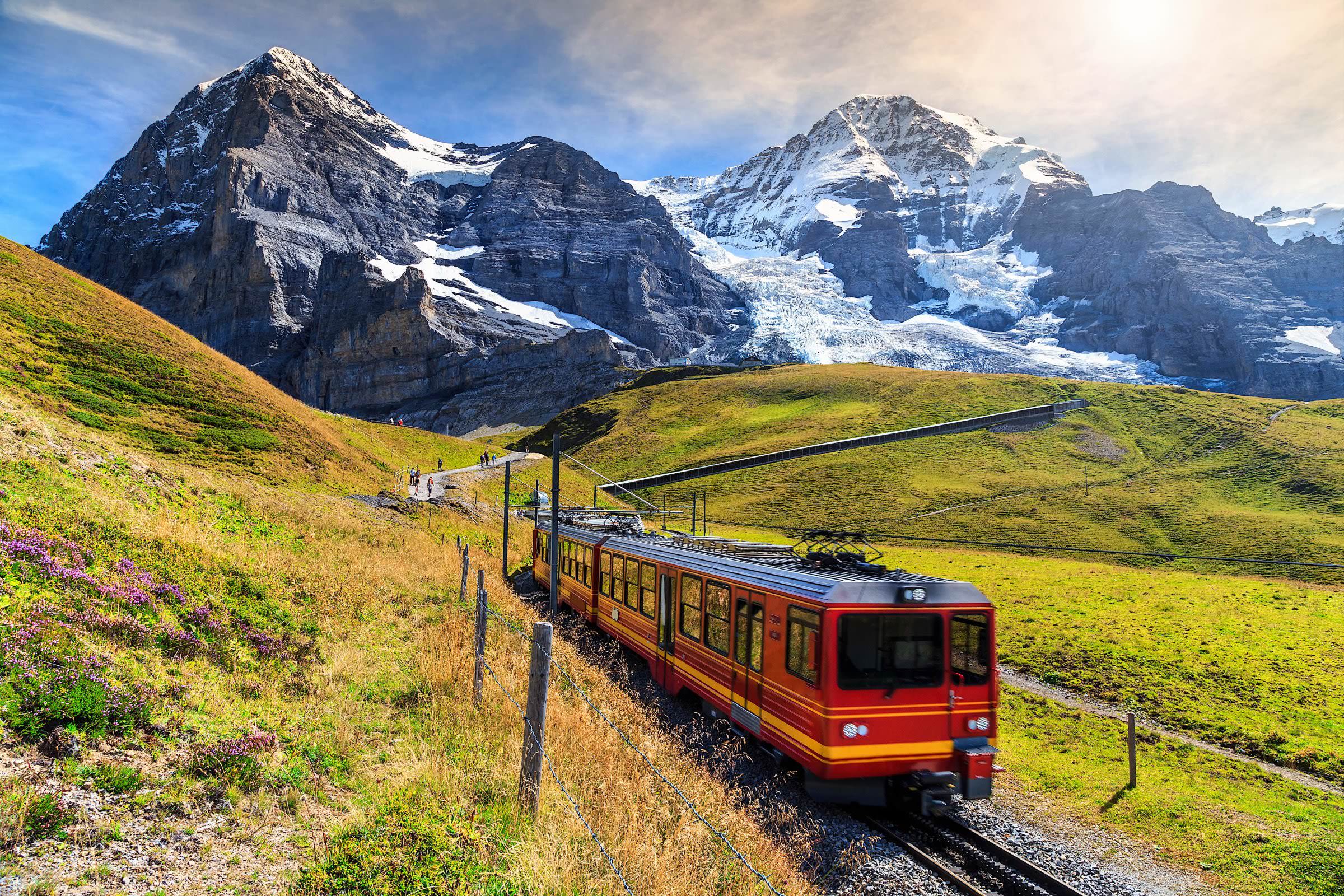
Ideal 6 day Switzerland Tour Packages for Family
- Flights included
- 4 star accommodations
- 3 activities
- Shared transfer
₹ 99,112
Starting price/person
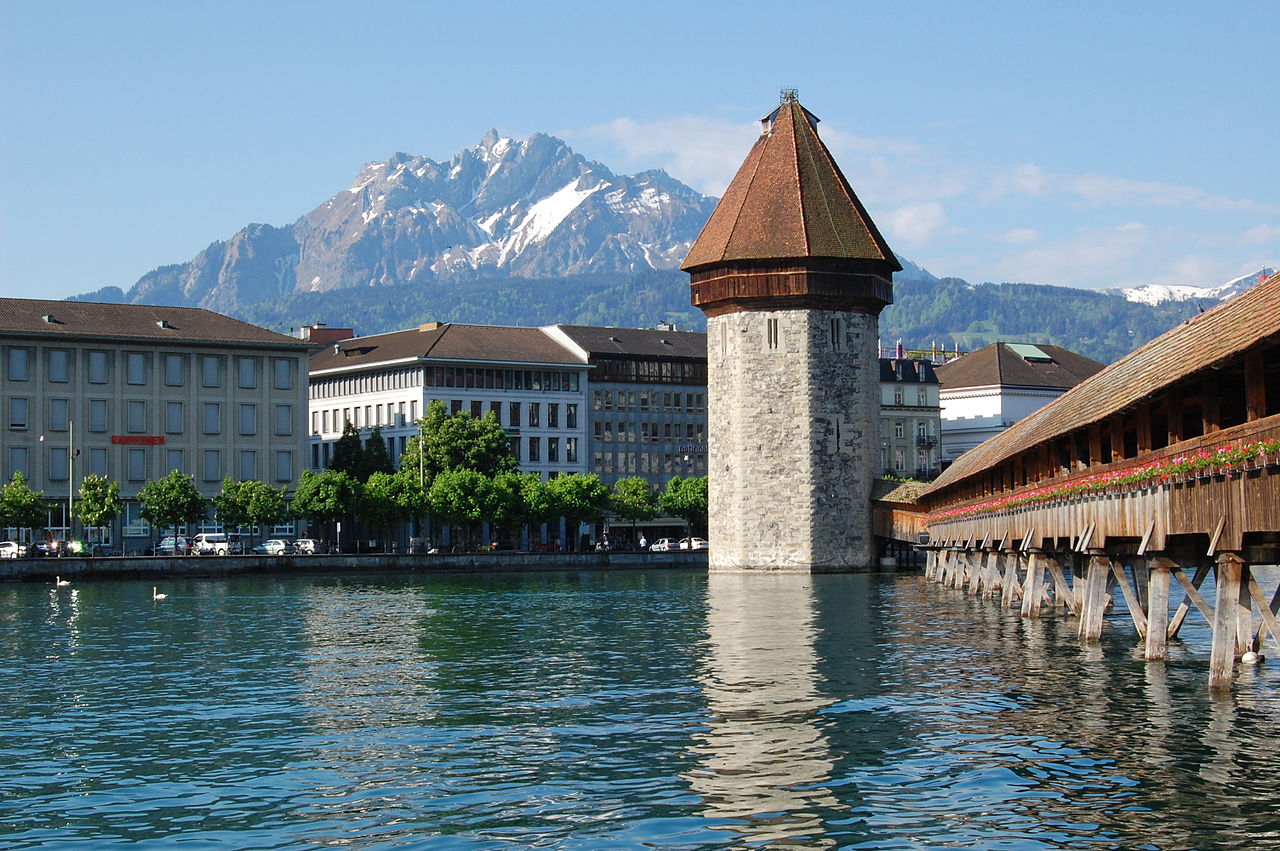
Switzerland Tour Packages For 8 Nights
- Flights excluded
- 4 star accommodations
- 5 activities
- Private transfer
₹ 1,59,409
Starting price/person
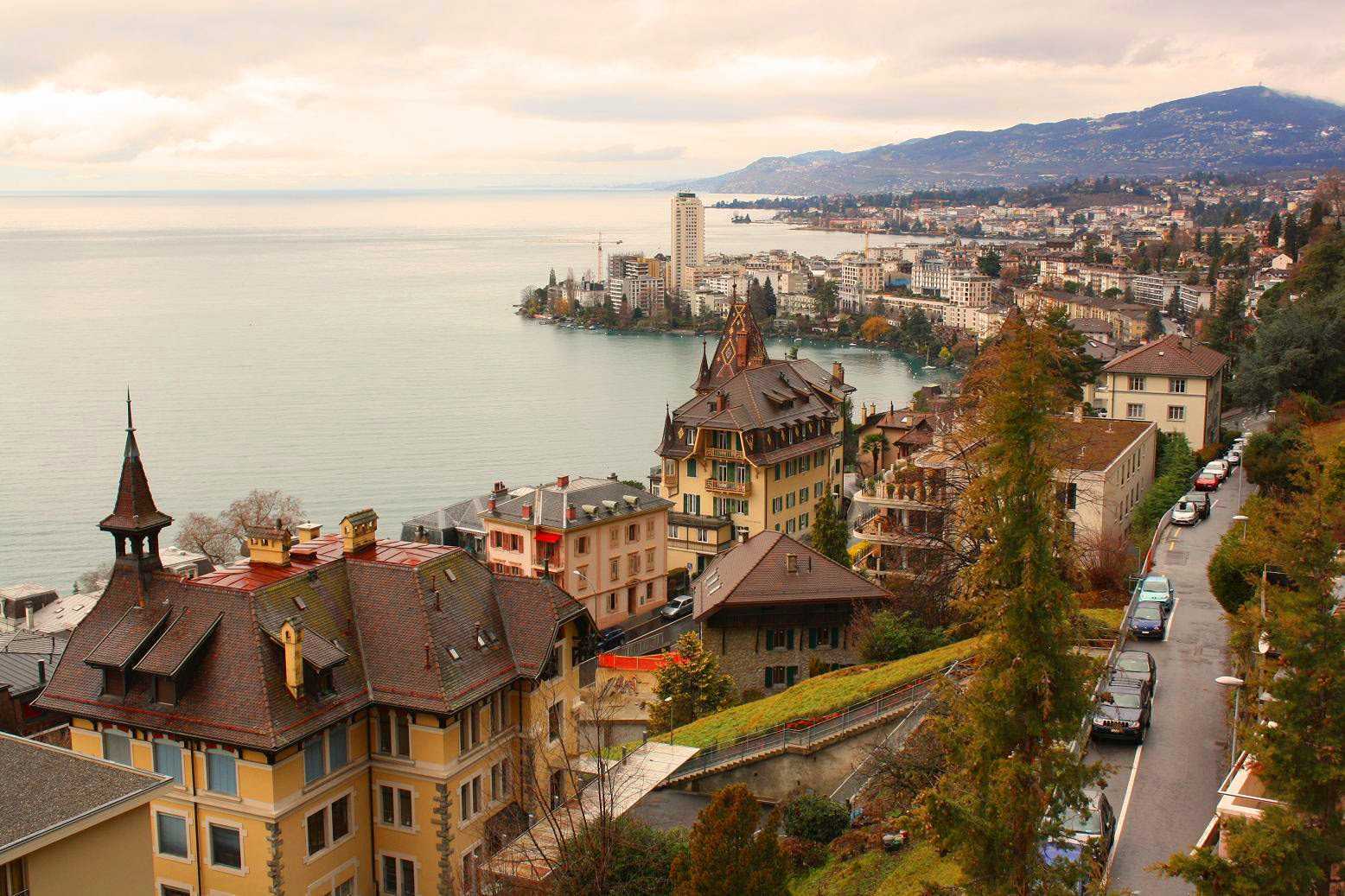
9 Days Swiss & Lyon Packages For Couple
- Flights excluded
- 5 star accommodations
- 5 activities
- Shared transfer
₹ 1,66,082
Starting price/person
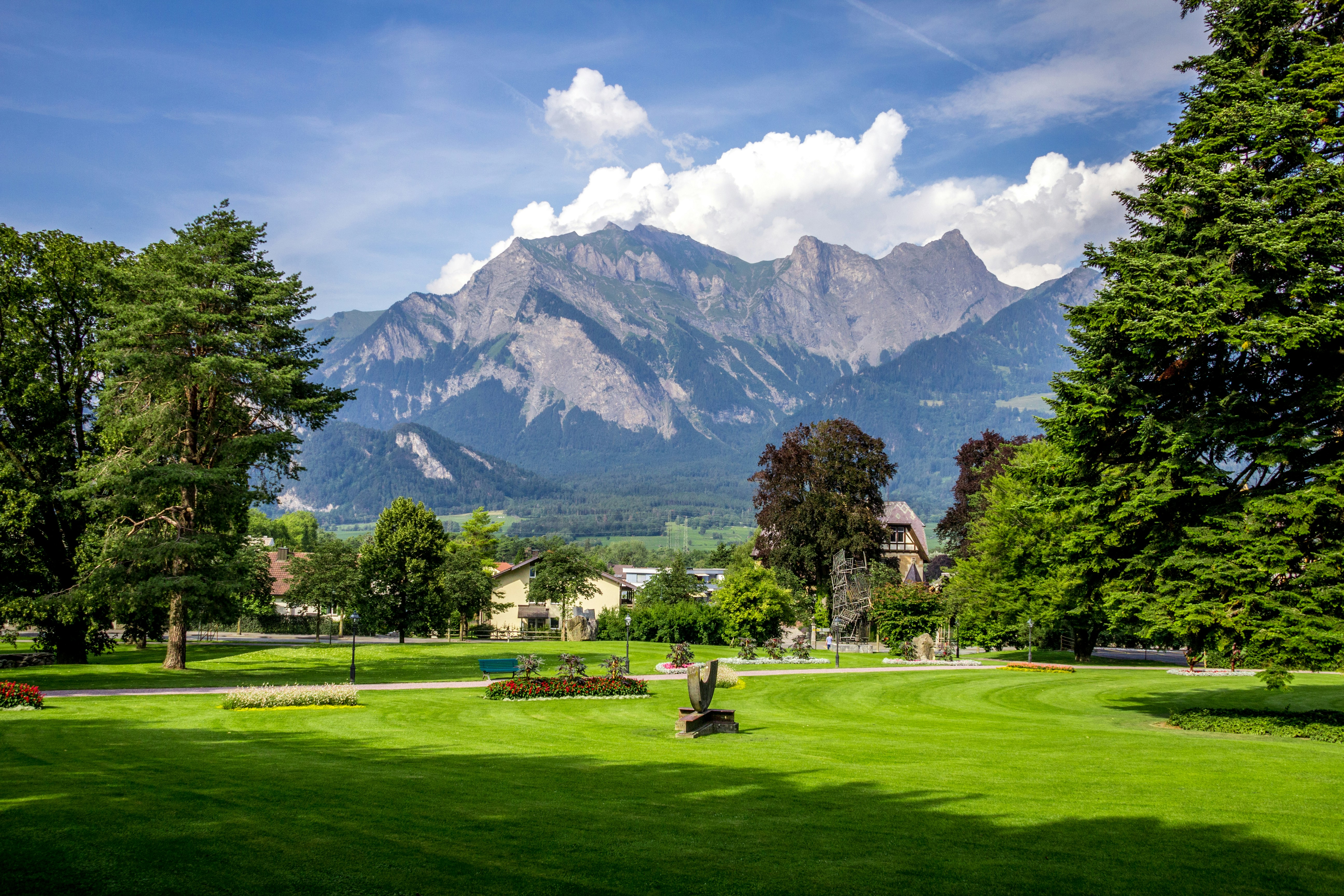
Switzerland Couple Trip Packages For 10 Days
- Flights excluded
- 5 star accommodations
- 6 activities
- Private transfer
₹ 1,68,750
Starting price/person
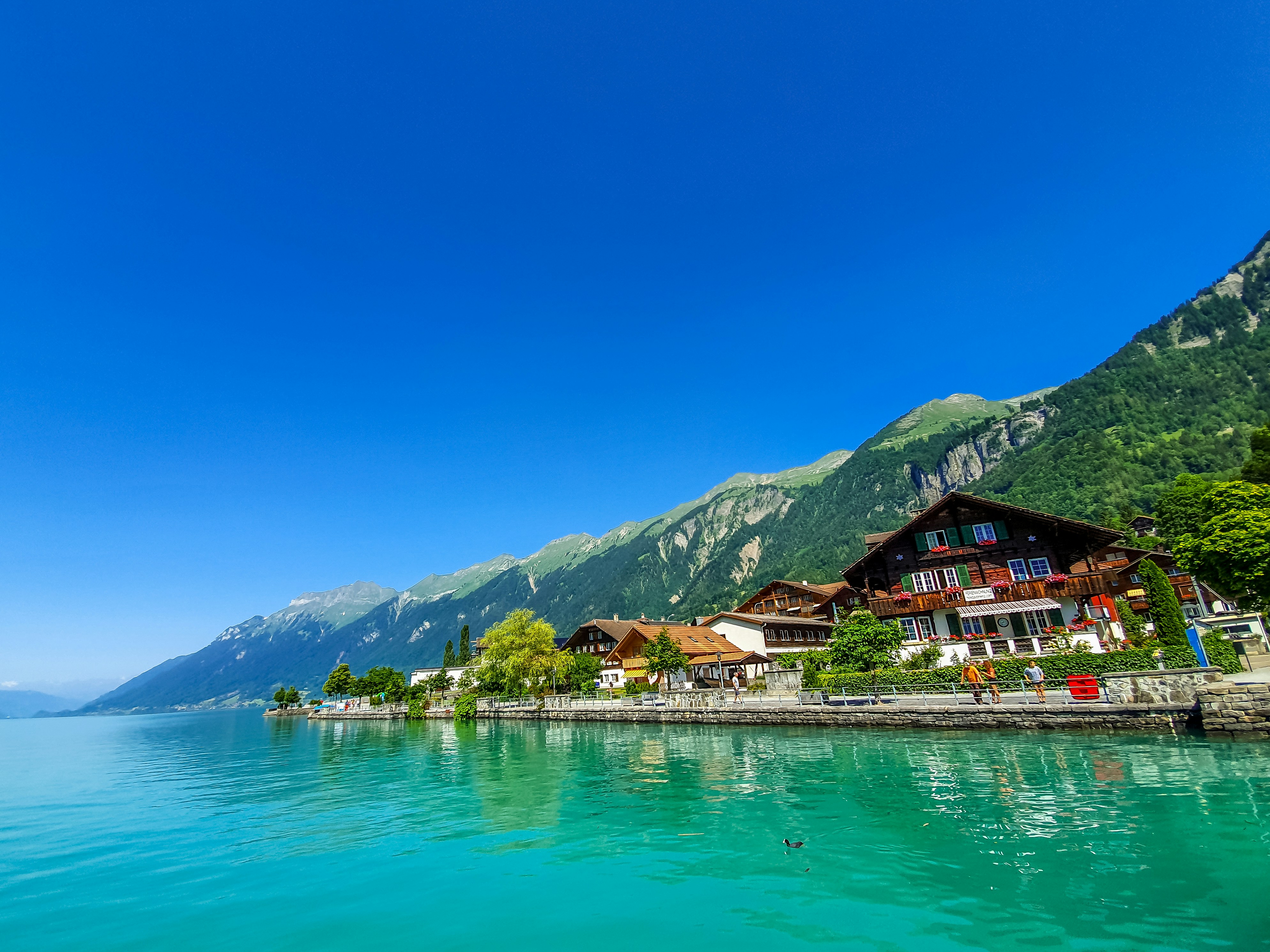
9 Day Swiss & Milan Trip Packages
- Flights excluded
- 5 star accommodations
- 5 activities
- Shared transfer
₹ 1,73,311
Starting price/person

Amazing 5 day Switzerland Trip from Pune
- Flights included
- 4 star accommodations
- 2 activities
- Shared transfer
₹ 1,03,796
Starting price/person
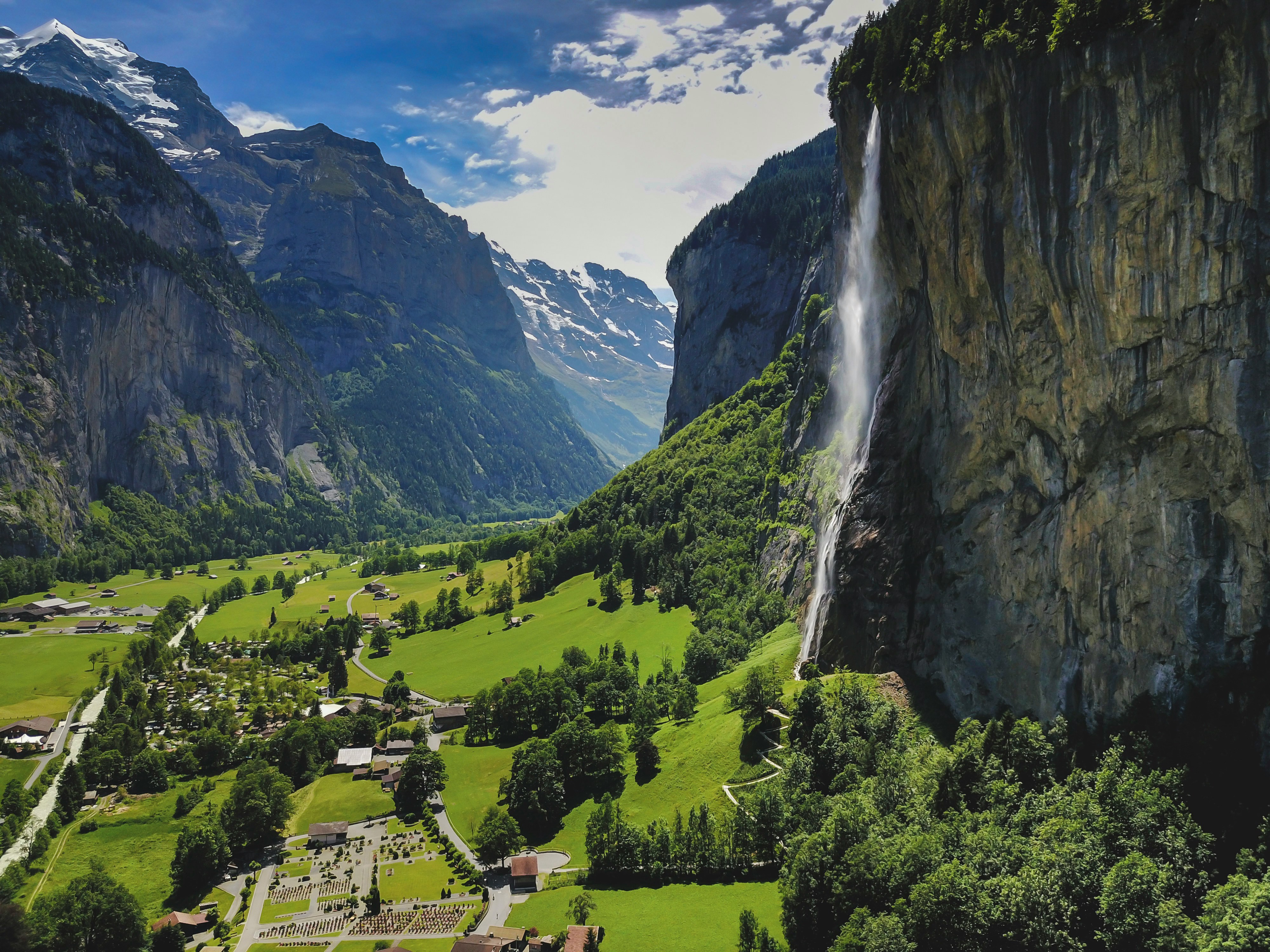
Mesmerizing 9 Nights Switzerland Trip Packages
- Flights excluded
- 3 star accommodations
- 4 activities
- Private transfer
₹ 1,74,011
Starting price/person
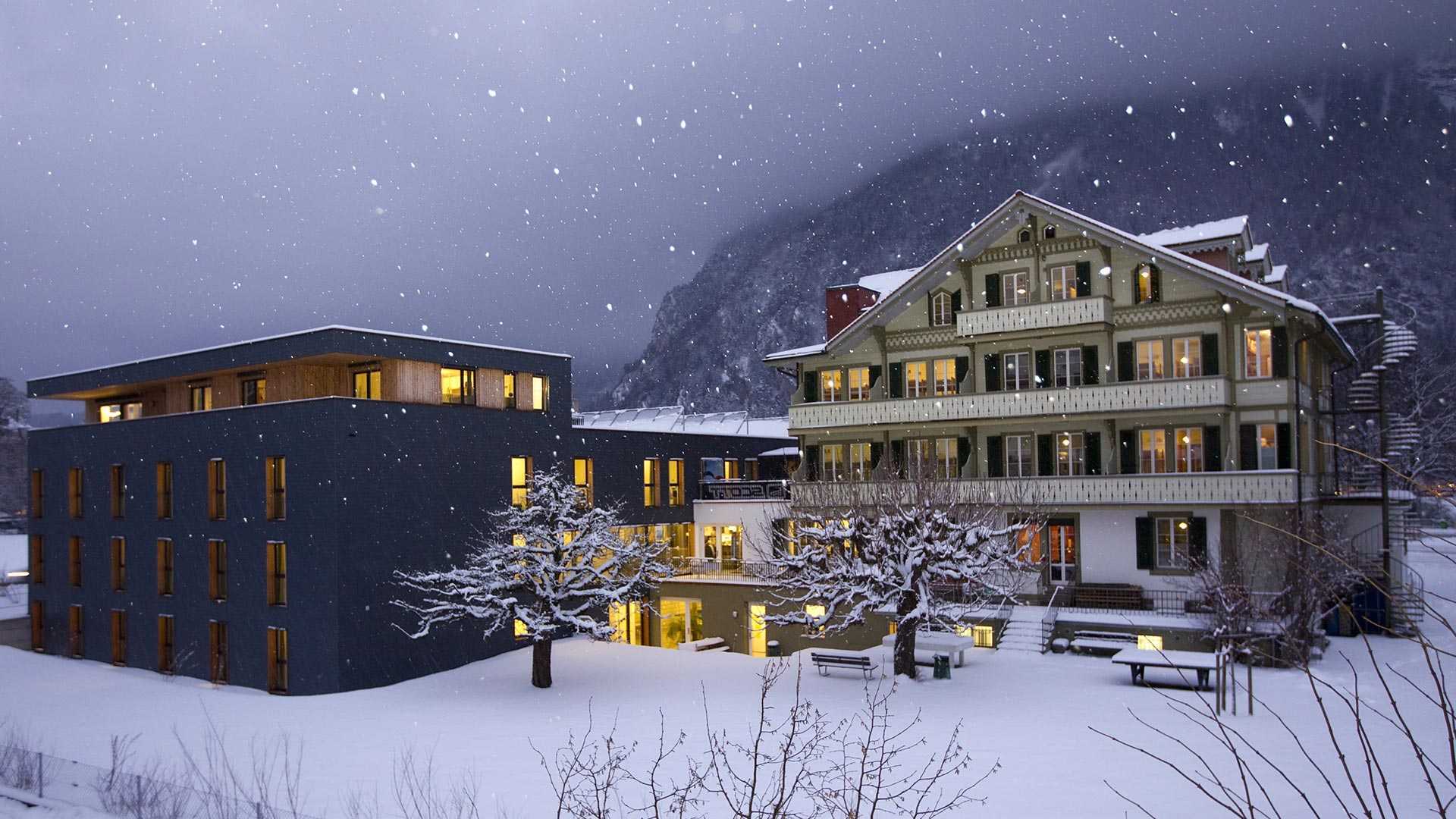
Best 10 day Pune to Switzerland Packages
- Flights included
- 4.5 star accommodations
- 4 activities
- Shared transfer
₹ 1,51,111
Starting price/person
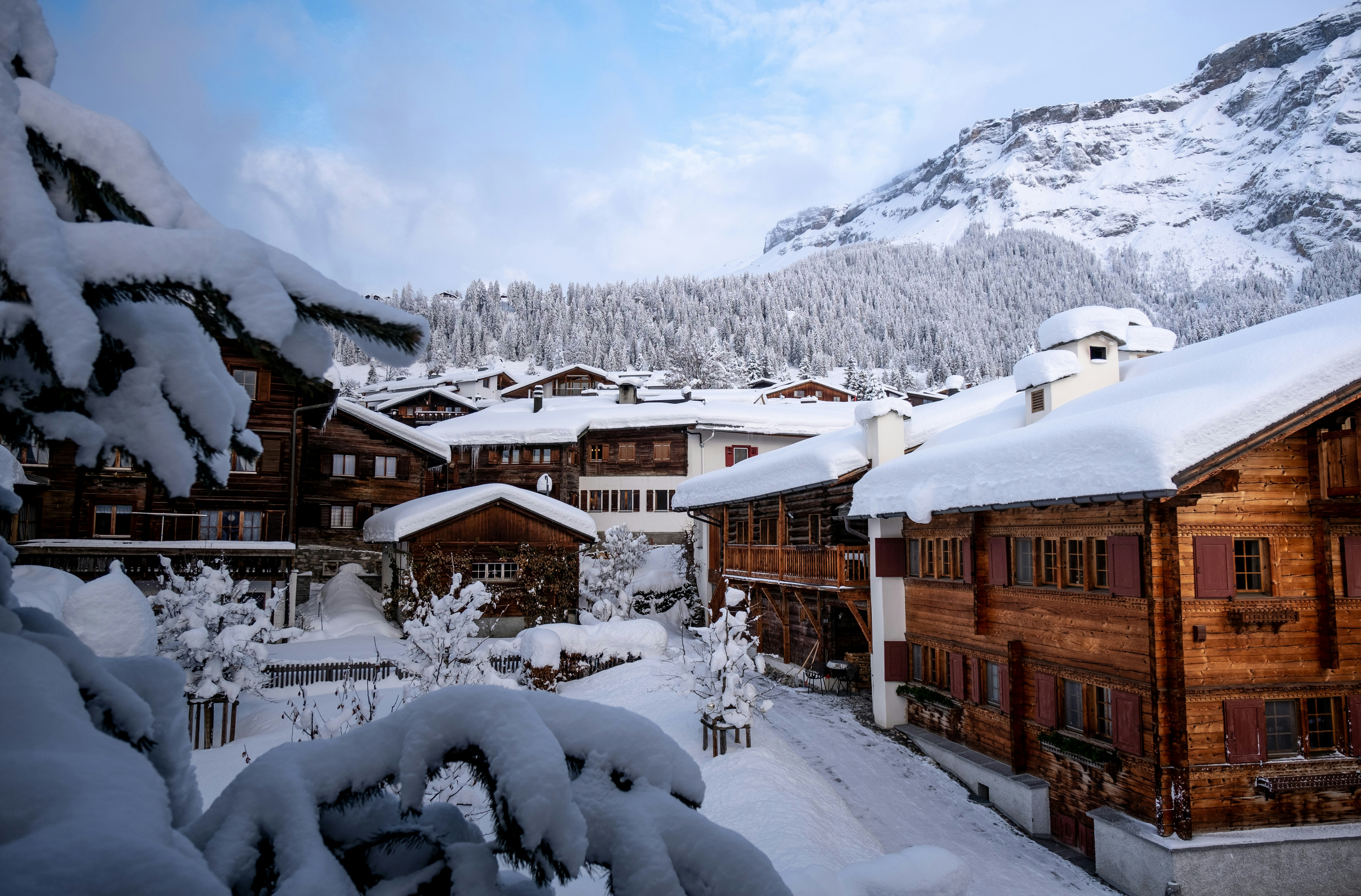
Magical 10 Days Switzerland Packages For Family
- Flights excluded
- 3 star accommodations
- 5 activities
- Shared transfer
₹ 1,74,572
Starting price/person

11 day Switzerland Holiday Package from Ahmedabad
- Flights included
- 4 star accommodations
- 8 activities
- Private transfer
₹ 1,45,610
Starting price/person



